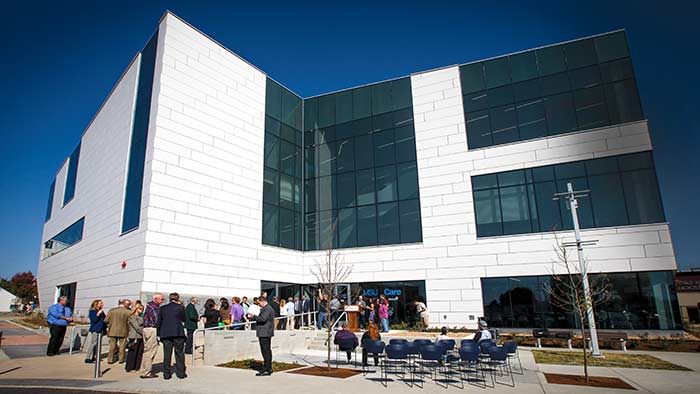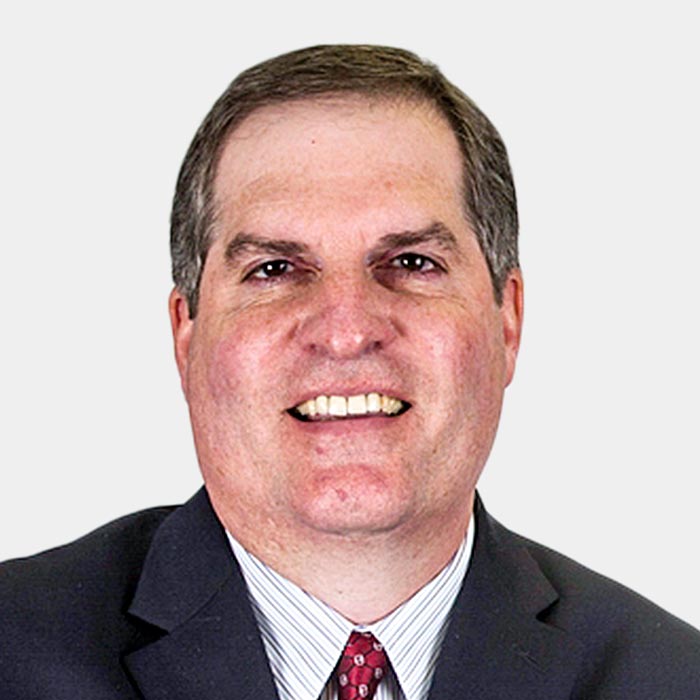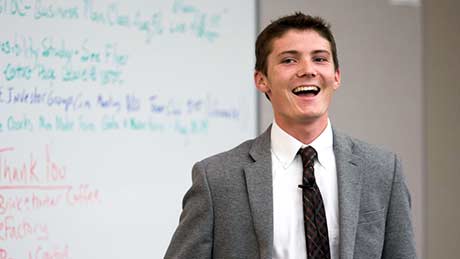Revitalizing downtown Springfield
What do innovation, design, entrepreneurship and the arts have in common? Each of
these elements leads to a dynamic and creative community. Missouri State University
developed a vision in 2005 of an urban innovation park in Springfield, and IDEA Commons is the product of that vision. It’s been a constant work in progress, and the growth
has been substantial.
IDEA Commons thrives with creative talent and is structured to:
- Develop a sense of place that will be attractive to young talent
- Revitalize the downtown neighborhood with a combination of renovation of current properties
as well as new construction
- Expand opportunities for business development and commercializing research
- Develop university partnerships with entrepreneurs
- Attract and retain creative, innovative and entrepreneurial human capital
- Promote economic development through new job opportunities
An old MFA milling facility was given a major makeover to become the new face for
innovation: Roy Blunt Jordan Valley Innovation Center. Here Missouri State students gain hands-on experience, and corporate partners make
huge strides working on environmentally friendly projects with an applied research
emphasis on biomaterials, nanotechnology, carbon-based electronics, biomedical instrument
development and energy.
In 2013, the art and design department fully moved into a block of nearly 100 year old buildings named Brick City. Bringing this creative collective into a previously derelict area of town gave new
energy to the space.
The Plaster Free Enterprise Center is the hub for entrepreneurship and economic growth in IDEA Commons. The eFactory, the business incubator and one stop shop for successful start-ups, is serving as
the key to keeping young talent in Springfield. The eFactory is even reaching out
to inspire the next generation of entrepreneurs by partnering with the Greater Ozarks
Center for Advanced Professional Studies, or GO CAPS, for an immersive business experience.
Now as you conduct business in downtown Springfield, you can feel the collective thrum
of energy from all the change.





